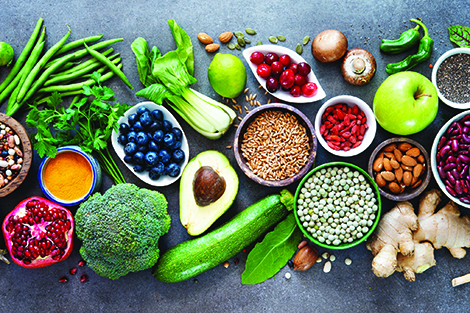Expect road trips to be more popular post-pandemic
Few industries fell as fast as the travel industry during the coronavirus pandemic. But the stay-at-home orders, if anything, have given people a greater appreciation for the freedom of travel. Here are five trends to keep in mind as the U.S.—and world—begin to re-open to travelers:
- Road trips.

- Family travel.
There will be a greater emphasis on family travel in the weeks and months after lockdowns ease. Spending time with friends and family will become a priority, and vacationing together will be an outcome of that. In particular, multi-generational travel, a trend which was already on the rise in recent years, will continue to grow. Time apart from family members beyond one’s immediate household—and especially the separation of older relatives from younger generations—has been tough on many families, and they will seek to reconnect with quality time together away from the stress of everyday life.
- Wide-open spaces.
Travelers are expected to seek outdoor and off-the-beaten-path adventures, with nature and wildlife prevailing over big-city attractions in the months ahead. National parks, beach resorts, wildlife reserves, and campsites will be appealing destinations for vacationers seeking to practice social distancing while benefiting from time in the open air.
- Emphasis on health and wellness.
Over the next few months and years, people will aim to make healthier choices for themselves and seek travel experiences that both inspire and recharge. For many, the pandemic brought home the importance of a healthy lifestyle and a strong immune system, and they will want to bring that into every aspect of their lives, including travel. Travelers will seek destinations with on-site wellness centers that offer meaningful programs and are staffed by professionals who will guide experiences that enhance their health and well-being.
- Refund policy: Full transparency.
Companies that offer the most traveler-friendly terms will have a strong competitive edge going forward. Travelers who were grounded by the pandemic too often found themselves on the losing end of stringent cancellation policies. Going forward, people are going to be extra cautious, favoring companies that are fully transparent with their refund offerings. Crises that bring travel to a halt will happen again, and travel companies need to prepare so that their customers aren’t left holding the bill.
Stephanie Quilligan wrote this article in June 2020 for the Travelscope.net blog.

